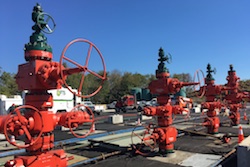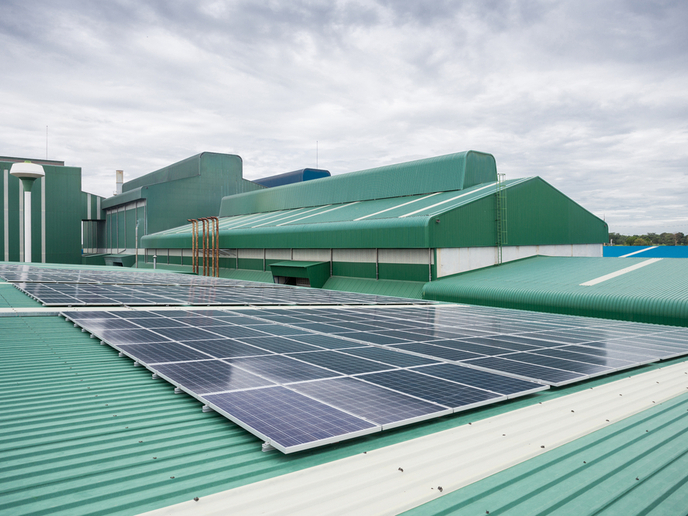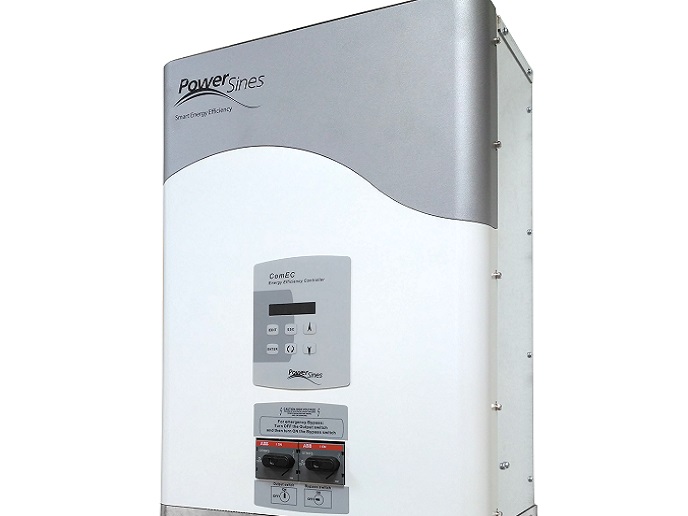Measuring, monitoring, mitigating and managing shale gas operations
Over the last ten years the United States energy landscape has been altered dramatically by the inclusion of shale gas into the mix of energy resources. However, this has not been the case across Europe. For both political and technical reasons, some countries have implemented a (temporary) moratorium (e.g. the Netherlands); some have lowered expectations of commercial production (e.g. Poland); while others are pursuing development in the face of pronounced local resistance (e.g. England). The M4ShaleGas project was established to contribute independent, science-based knowledge to the debate on the costs and benefits of shale gas development in Europe. Through a series of specific recommendations, the project has outlined best practices for measuring, monitoring, mitigating and managing operations. Tracing the footprint of shale gas exploration and extraction Shale is a finely grained sedimentary rock that can trap natural gas. As this potential gas resource is widespread globally, it has prompted excitement about its energy harvesting potential. Indeed, in keeping with the European Commission's Energy Roadmap 2050, shale gas extraction could help reduce emissions by replacing coal and oil. However, it is equally argued that to limit global warming to 2 degrees Celsius above pre-industrial levels, fossil fuel reserves must remain underground. Additionally, extraction methods which enhance gas flow in the shale with hydraulic pressure, risk potential water contamination and introducing local seismic activity. The M4ShaleGas project team began its work by reviewing the data and experiences of operations in the United States and Canada. This enabled the researchers to develop models for assessing the environmental impact of operations in the subsurface, at the surface, and on air quality. The studies resulted in impact and risk assessments which then informed recommendations for best practices, published as two-page factsheets. Project coordinator Dr Jan Ter Heege elaborates, “Their content covers technical aspects of shale gas extraction, including the impacts of hydraulic fracturing operations and the occurrence of seismicity, risks of spills and leaks, and methane and CO2 emissions, as well as assessing to what extent the U.S. experience can be translated to Europe.” Beyond technical considerations, the factsheets also explore social implications including public perceptions and how public engagement could be improved. Additionally, assessments were made to determine whether modifications of existing regulatory frameworks might be necessary. A strength of M4ShaleGas was that it comprised of researchers from 18 institutes across the EU, which in the words of Dr Ter Heege, meant that the work, “Integrated detailed, in-depth research and scientific expertise from many different EU Member States with varied regulations, policies and attitudes towards different sources of energy.” Contributing evidence to the debate The EU and many individual Member States are currently pursuing policies and strategies which can accelerate the transition of their energy systems to low carbon alternatives. At the same time, building energy security remains a critical need across Europe. In principle shale gas extraction could contribute to both needs but it is far from clear if and when operations will proceed. A large part of the contention is the consequence of scale, as Dr Ter Heege emphasises, “A key finding of the project is that the size of commercial shale gas operations required to meet energy needs, introduces additional risks for local impact compared to conventional gas, due to the cumulative effects of more extensive drilling and hydraulic fracturing.” The M4ShaleGas results contribute to the scientific stock of knowledge necessary for a considered, evidence-based debate on the issue of shale gas extraction. As Dr Ter Heege concludes, “A better understanding of the risks associated with shale gas extraction, along with the implementation of best practices, can reduce risks considerably and stimulate better-informed debate on its costs and benefits.”







